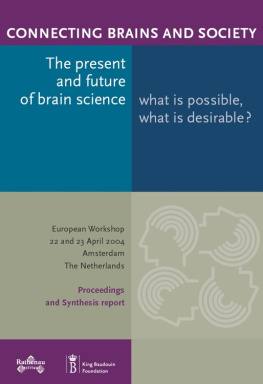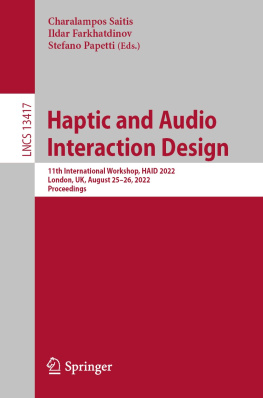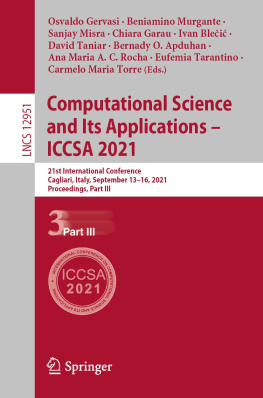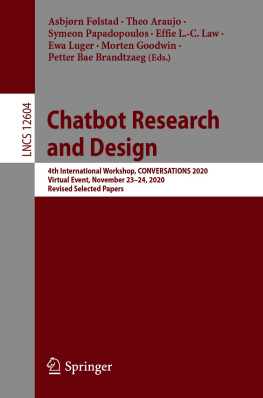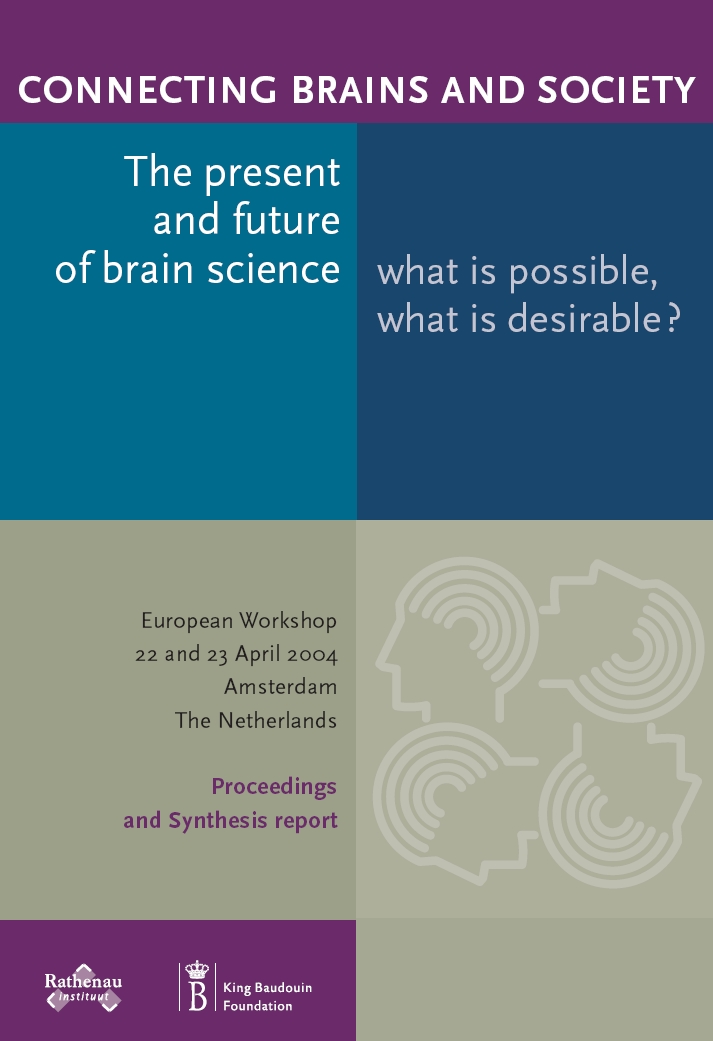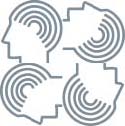Karin Rondea - Connecting Brains and Society. The Present and Future of Brain Science: What is Possible, What is Desirable? (International Workshop 22 and 23 April 2004, Amsterdam, The Netherlands. Proceedings and
Here you can read online Karin Rondea - Connecting Brains and Society. The Present and Future of Brain Science: What is Possible, What is Desirable? (International Workshop 22 and 23 April 2004, Amsterdam, The Netherlands. Proceedings and full text of the book (entire story) in english for free. Download pdf and epub, get meaning, cover and reviews about this ebook. year: 2004, publisher: King Baudouin Foundation, Rathenau Institute, genre: Romance novel. Description of the work, (preface) as well as reviews are available. Best literature library LitArk.com created for fans of good reading and offers a wide selection of genres:
Romance novel
Science fiction
Adventure
Detective
Science
History
Home and family
Prose
Art
Politics
Computer
Non-fiction
Religion
Business
Children
Humor
Choose a favorite category and find really read worthwhile books. Enjoy immersion in the world of imagination, feel the emotions of the characters or learn something new for yourself, make an fascinating discovery.
- Book:Connecting Brains and Society. The Present and Future of Brain Science: What is Possible, What is Desirable? (International Workshop 22 and 23 April 2004, Amsterdam, The Netherlands. Proceedings and
- Author:
- Publisher:King Baudouin Foundation, Rathenau Institute
- Genre:
- Year:2004
- Rating:3 / 5
- Favourites:Add to favourites
- Your mark:
Connecting Brains and Society. The Present and Future of Brain Science: What is Possible, What is Desirable? (International Workshop 22 and 23 April 2004, Amsterdam, The Netherlands. Proceedings and: summary, description and annotation
We offer to read an annotation, description, summary or preface (depends on what the author of the book "Connecting Brains and Society. The Present and Future of Brain Science: What is Possible, What is Desirable? (International Workshop 22 and 23 April 2004, Amsterdam, The Netherlands. Proceedings and" wrote himself). If you haven't found the necessary information about the book — write in the comments, we will try to find it.
Karin Rondea: author's other books
Who wrote Connecting Brains and Society. The Present and Future of Brain Science: What is Possible, What is Desirable? (International Workshop 22 and 23 April 2004, Amsterdam, The Netherlands. Proceedings and? Find out the surname, the name of the author of the book and a list of all author's works by series.

